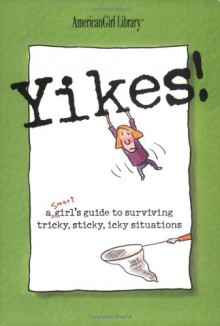
I adore my dog. I love everything about her. She's just an amazing person. She's a pug mix and loves life with a fierce passion. Everything makes her face light up, and if dogs possessed the necessary facial muscles to smile, she would be permanently grinning. She loves lying in the sunshine, chasing seagulls at the park, wrestling with the cats and eating scrambled eggs. She loves swimming in the ocean and getting ice-cream on the way home. She sleeps in my bed with me every night and wakes me up in the morning, licking my face ready to enjoy another day. When I come home from work she greets me with unbridled joy, barking and wagging her tail so hard her whole bottom shakes. She is my constant companion. We watch TV together, we ride the train together and she likes to help me hang laundry. We go get coffee together in the city centre where she stalks pigeons while I meet with friends. She likes visiting the book store and she waits patiently while I shop for shoes. Every time we visit the bank she's utterly charming and earns hugs and treats from all the assistants. She has to sit in my lap every time I take a seat. She very insistent about this! She's travelled with me all over the UK, has been hiking with me and shopping through Glasgow City centre, has eaten at countless restaurants and spent hours on the back seat of the car. To me, she's perfect - bug eyes and all. And to me she has a heart and a soul and an endless capacity to love.
The Madman's Daughter was interesting in the way it challenged this idea - that animals are people - and explored what makes us human. This is an issue very close to my heart. I'm connected and strongly attached to all my animals and to think of them as simply animals, incapable of thoughts and feelings is a concept alien to me. This is why I refuse to eat meat. I'm not risking eating a creature with a soul. All my animals are so unique and complex, each with their own likes and dislikes, their own voices and their own minds. To think of them along the lines of objects, things to be scorned and looked down upon is, to me, revolting.
Juliet Moreau believes her father to be dead and finds herself alone and adrift on the streets of London, desperately trying to hold together a life. A ghost from the past appears, her father's assistant, Montgomery and she discovers that her father is in fact alive and well, continuing his scientific and experimental work on an isolated island following his exile from English society where his experiments were deemed too scandalous and controversial for the people of London to tolerate. Juliet accompanies Montgomery on his return to the remote island, meeting the mysterious Edward along the way, and on finding her father, discovers some horrific secrets and uncovers the truth of his banishment and the extent of his madness, or perhaps brilliance.


 Log in with Facebook
Log in with Facebook 









